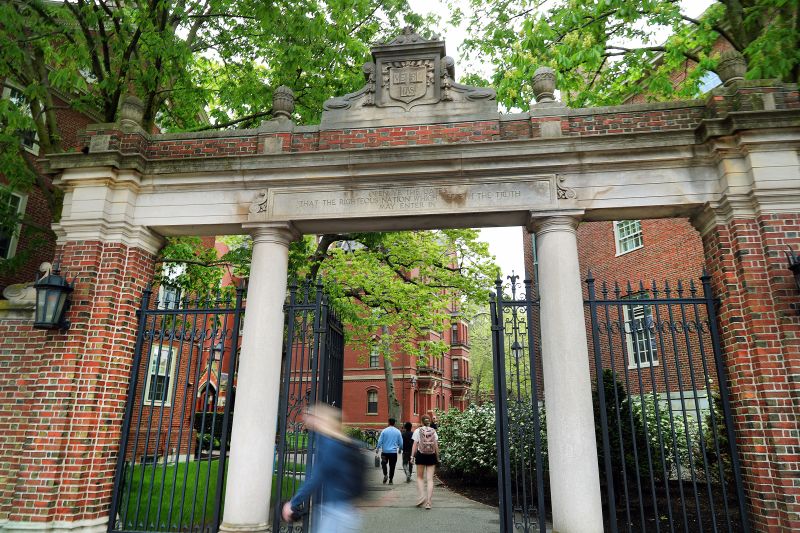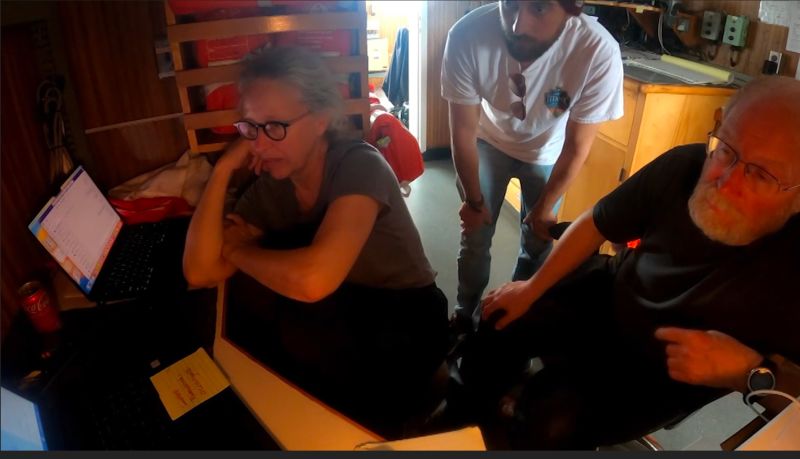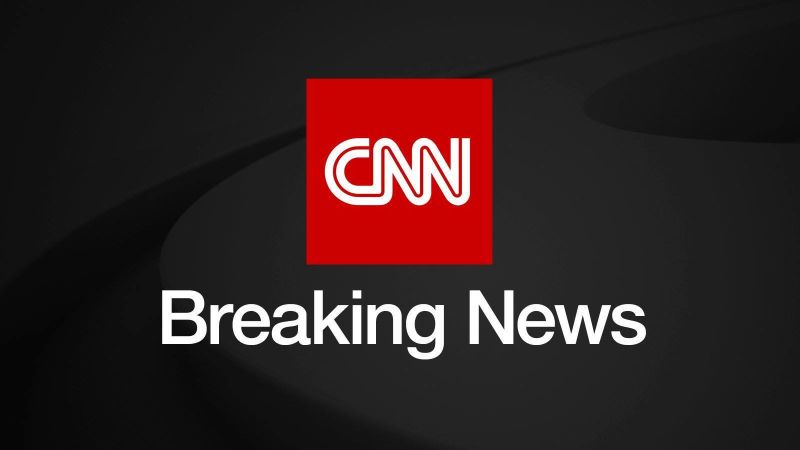We’re ‘poker chips’: International Harvard students describe fear after Trump administration moves to revoke their enrollment

A federal judge temporarily halted the Trump administration’s ban on Friday, after the nation’s oldest and wealthiest college filed a suit in federal court. Harvard argued revocation of its certification in the Student and Exchange Visitor Program was “clear retaliation” for its refusal of the government’s ideologically rooted policy demands.
“They’re literally like, teenagers, thousands of miles away from their hometowns having to deal with this situation, which lawyers often fear to engage in,” said Sial, who is currently traveling overseas after exams and is uncertain if he’ll be able to return to campus.
About 27% of Harvard’s student body is international, with 6,793 international undergraduates and grad students hailing from nearly every country in the world.
Sial said the university and deans have been helpful in supporting international students at a time of uncertainty and “pure panic,” which is happening days after final exams ended and just one week before graduation.
As student body president, he says he is working to encourage the university to assist international students who want to transfer to other colleges and pushing for students’ financial aid packages to transfer, as well. But the window to transfer to other universities for the fall semester is already closed at most colleges, Sial said.
“Many of us have worked our entire lives to get to a university like Harvard, and now we need to wait around and see if we might have to transfer out and face difficulties with visas,” says rising junior Karl Molden, from Austria.
Molden, who is also traveling abroad and concerned he won’t be allowed to return to campus, said he feels international students are being used as a “ball in this larger fight between democracy and authoritarianism.”
Jewish students ‘being used as pawns,’ says one Israeli student
Harvard and Trump officials have been locked in conflict for months as the administration demands the university make changes to campus programming, policies, hiring and admissions to root out what the White House has called antisemitism and “racist” practices.
Like many other colleges and universities, Harvard drew intense criticism last year for its handling of pro-Palestinian protests and encampments following the start of the Israel-Hamas war, as well as complaints from Jewish alumni and students about antisemitism on campus.
Harvard has acknowledged antisemitism on its campus, particularly during the previous academic year, and said it has begun taking concrete action to address it.
An Israeli postdoctoral student studying at Harvard said she feels like Jewish students are “being used as pawns” by the Trump administration, which has accused the university of perpetuating an unsafe campus environment that is “hostile to Jewish students” and “employs racist diversity, equity and inclusion practices.”
The Israeli student, who did not want to be named in fear of being denied reentry to the United States, said she believed the Trump administration was “using” the university to “have this battle with academia that is much bigger than Harvard.”
She said the government was clamping down on ideas that “don’t always align with the administration, rather than (having) an actual concern for the safety of Jewish students, Israeli students.”
“So, I do feel like we’re being used,” she said, adding that she thinks university leadership is taking the issue of antisemitism on campus seriously. “I don’t want to diminish anyone’s experience at the university. I know people have had tough experiences, but I do feel like I have, personally, 100% trust and faith in our leadership.”
Young researchers say they will leave US
“As a graduate student, we are just fully occupied with our research work, which I would say I spend 80 to 100 hours on each week,” said the Australian student, adding that the showdown between the Trump administration and Harvard will likely lead to researchers leaving the country. “If things really hit the fan, (I) would probably be trying to transfer to a school in the UK.”
Other graduate students said they are also feeling fear and uncertainty, with concerns for their research work, their future careers and their loved ones.
“There’s the ramifications for their family, you know, spouses, their children, their enrollment, their work status, their rent, housing, everything,” said Fangzhou Jiang, 30, from China. He is a Harvard Kennedy School student going into his second year of a master’s program. “You just don’t know what’s going to happen.”
Facing deportation from the US, and retribution at home
For some international students, like those from countries at war or experiencing political turmoil, the stakes are even higher.
Maria Kuznetsova, a former spokesperson for OVD-Info, a Russian independent human rights monitoring group, is currently a graduate student at the Harvard Kennedy School of Government. She’s graduating in a week and had planned to work on a Harvard-sponsored visa that had already been granted, but she fears it may be canceled now.
“From what I see, people are still in a state of panic – everyone’s waiting for the court’s decision,” Kuznetsova said.
“It’s not just me from Russia here – there are also many Ukrainians, a lot of political students from Venezuela, and people from Afghanistan and Palestine. I even have a classmate from North Korea. These are people who, quite literally, cannot return to their home countries,” she added.
Ivan Bogantsev, also from Russia, was planning to stay in the US after completing his program at the Harvard Graduate School of Education. His wife, currently in Russia and also on a Harvard-sponsored visa, is due to arrive for his graduation, but he’s unsure whether she’ll be allowed entry.
But he said going back to Russia is not an option he is considering.
“I was detained at rallies (in Russia), and let’s just say the atmosphere was growing increasingly tense. And secondly, most of my friends are essentially labeled (in Russia) as criminals, traitors or foreign agents.”
‘Harvard campus will not be the same’
“I was looking forward to celebrating commencement next week, but now, you know, I might leave this place and it will not look the same next semester, because without these international students and its international researchers, the Harvard campus will not be the same,” Gerdén said.
“We are being used essentially as poker chips in a battle between the White House and Harvard, and it feels honestly very dehumanizing.”







